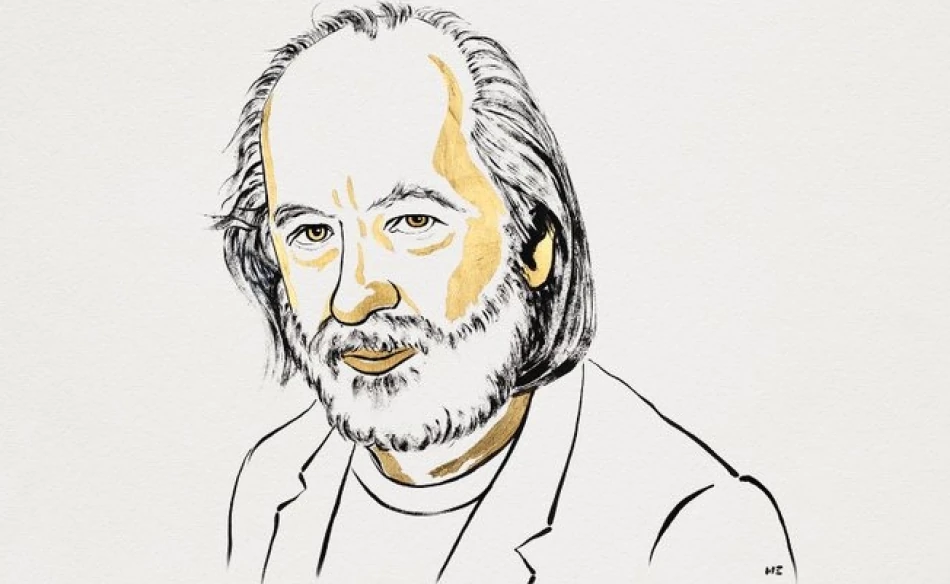
Hungarian Novelist László Krasznahorkai Awarded Nobel Prize in Literature
Hungarian writer László Krasznahorkai won the 2025 Nobel Prize in Literature, the Swedish Nobel Committee announced Thursday. The 71-year-old author was recognized for what the committee called his "stunning and visionary body of work that reaffirms the power of art amid apocalyptic horror."
Krasznahorkai becomes the second Hungarian writer to receive the Nobel Prize in Literature, following Imre Kertész who won in 2002. The award comes with a cash prize of 11 million Swedish kronor (about $1 million) and places Krasznahorkai among the most celebrated voices in contemporary world literature.
The committee's citation highlights how Krasznahorkai's writing tackles themes of civilizational collapse and existential dread. His novels often feature long, winding sentences that can stretch for pages, creating a hypnotic effect that mirrors the psychological states of his characters. Works like "Satantango" and "The Melancholy of Resistance" have been adapted into acclaimed films by Hungarian director Béla Tarr.
Krasznahorkai's writing style sets him apart in the literary world. He constructs elaborate, maze-like narratives that explore the breakdown of social order and individual consciousness. His characters often find themselves trapped in decaying environments that reflect broader themes about the fragility of civilization.
The timing of this award reflects the Nobel Committee's recent focus on writers who address global anxieties about political instability, environmental crisis, and social breakdown. Previous recent winners like Annie Ernaux and Abdulrazak Gurnah have similarly examined themes of displacement, memory, and cultural upheaval.
For publishers and literary markets, Krasznahorkai's win will likely boost international sales of his translated works. His books, while critically acclaimed, remain relatively niche compared to more mainstream literary fiction. The Nobel recognition typically creates a significant spike in global readership and translation opportunities into new languages.
Most Viewed News

 Sara Khaled
Sara Khaled






